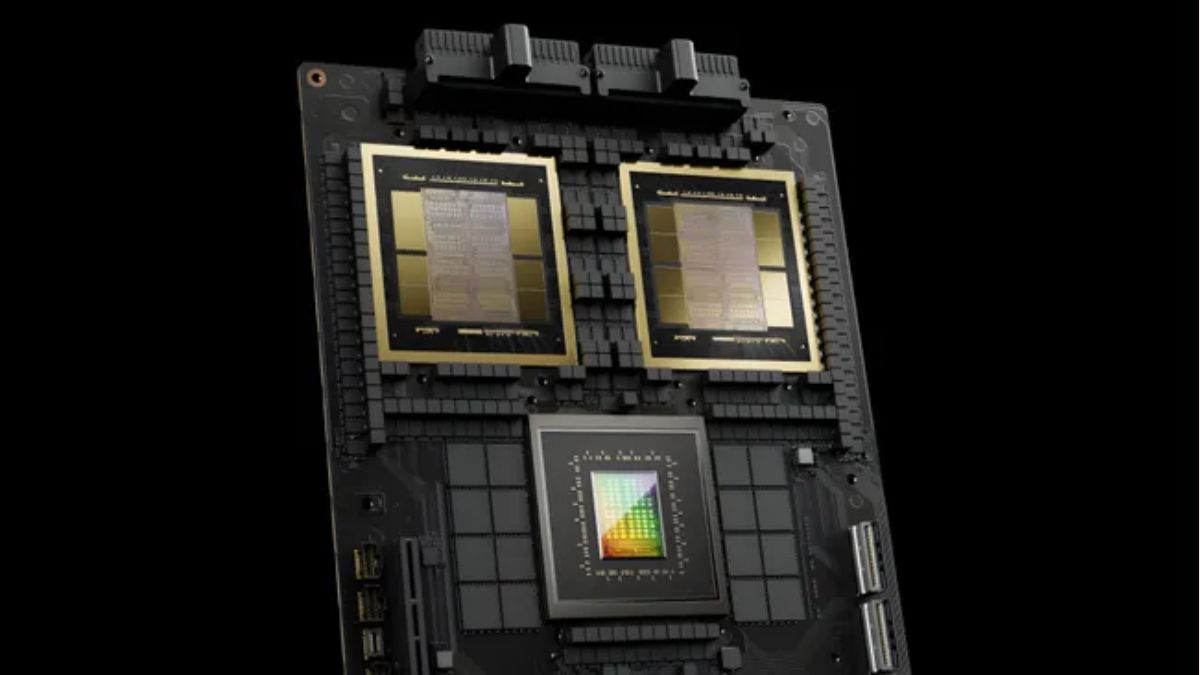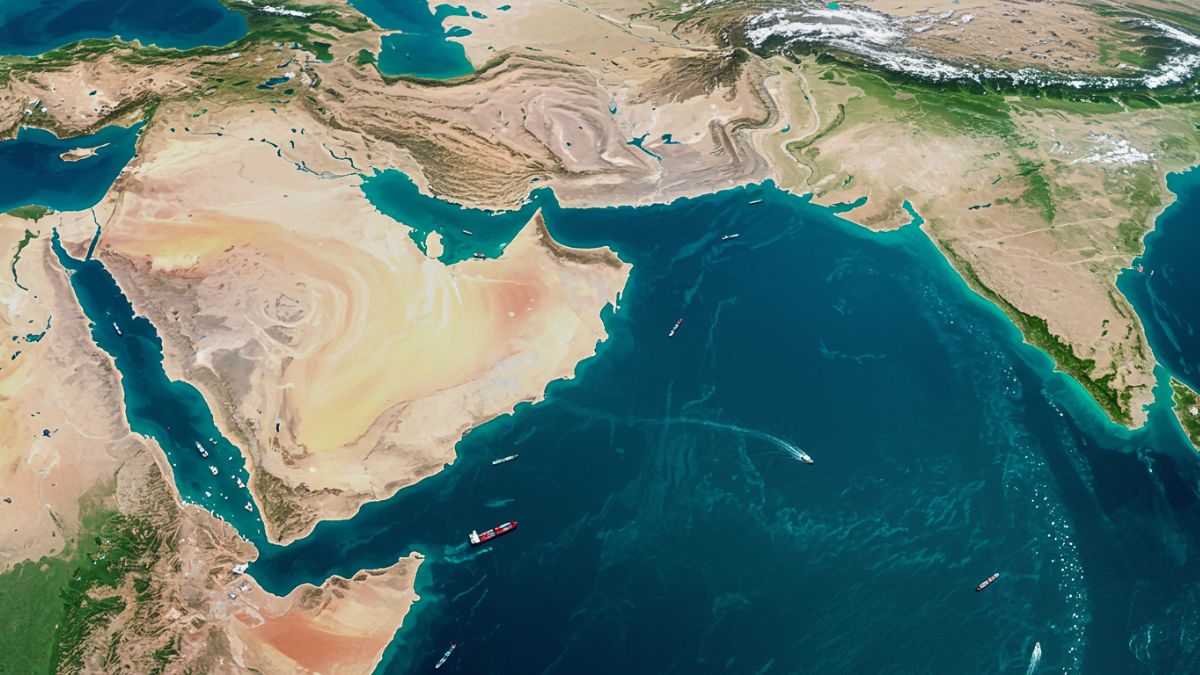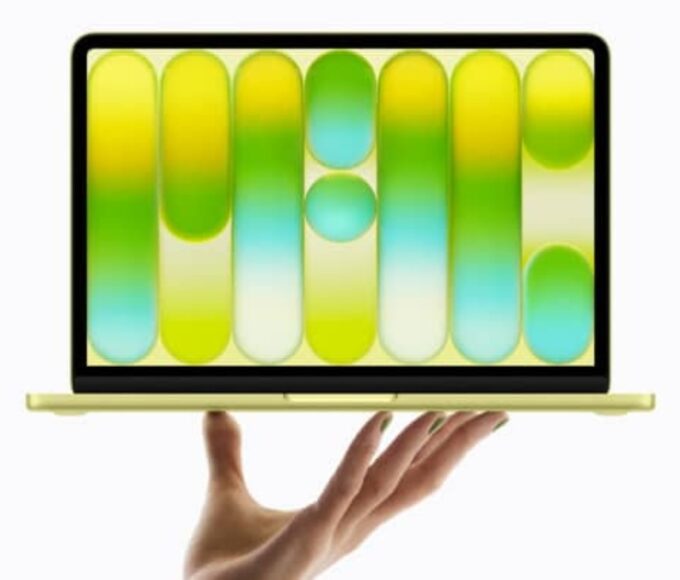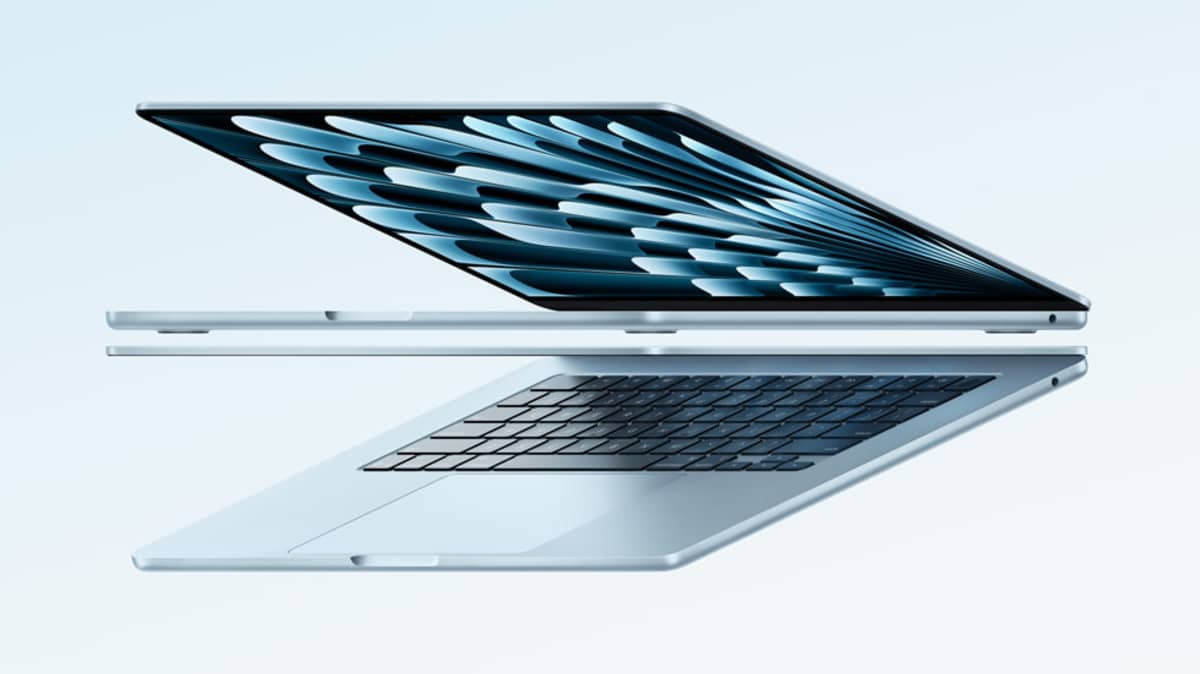A new Financial Times investigation claims that roughly $1 billion worth of Nvidia’s high-powered AI chips were smuggled into China over a three-month period, despite strict U.S. export controls.
The report, based on dozens of sales contracts and interviews with insiders, alleges that Chinese distributors in provinces like Guangdong, Zhejiang, and Anhui openly sold restricted Nvidia GPUs—including the advanced B200, H100, and H200 models—on a thriving black market.
These AI chips were reportedly sold in full racks priced at around $489,000 each, a 50% markup over their U.S. market value, and were advertised on Chinese social media platforms as “plug-and-play” ready for data center integration.
Despite the scale of the alleged smuggling, there’s no evidence Nvidia was involved or aware of these transactions. The company told Financial Times there was “no evidence of any AI chip diversion,” a position echoed by the report itself.
Images reviewed by the FT showed logos from major tech firms like Supermicro, Dell, and Asus on the packaging, but there’s no indication these companies knew their products were being marketed in China through unofficial channels.
While U.S. law does not bar the receipt of restricted chips in China, it prohibits selling or shipping them to Chinese entities without proper authorization. That makes the activity illegal from the U.S. side, though difficult to trace given the use of third-party intermediaries.
Earlier this year, AI firm Anthropic warned of “sophisticated smuggling operations” involving hundreds of millions of dollars in chips headed for China. Nvidia dismissed those claims at the time as exaggerated, referencing bizarre smuggling rumors involving “baby bumps” and “live lobsters.”
Now, with reports suggesting sanctioned chips still reached Chinese hands in large quantities, the issue of enforcement appears more complicated than previously acknowledged.
Meanwhile, Nvidia is preparing to resume official sales of its modified H20 chip in China, with U.S. government approval likely forthcoming. This follows recent positive exchanges between President Donald Trump and Nvidia CEO Jensen Huang, signaling a potential easing of trade restrictions for “America’s friends and allies.”











